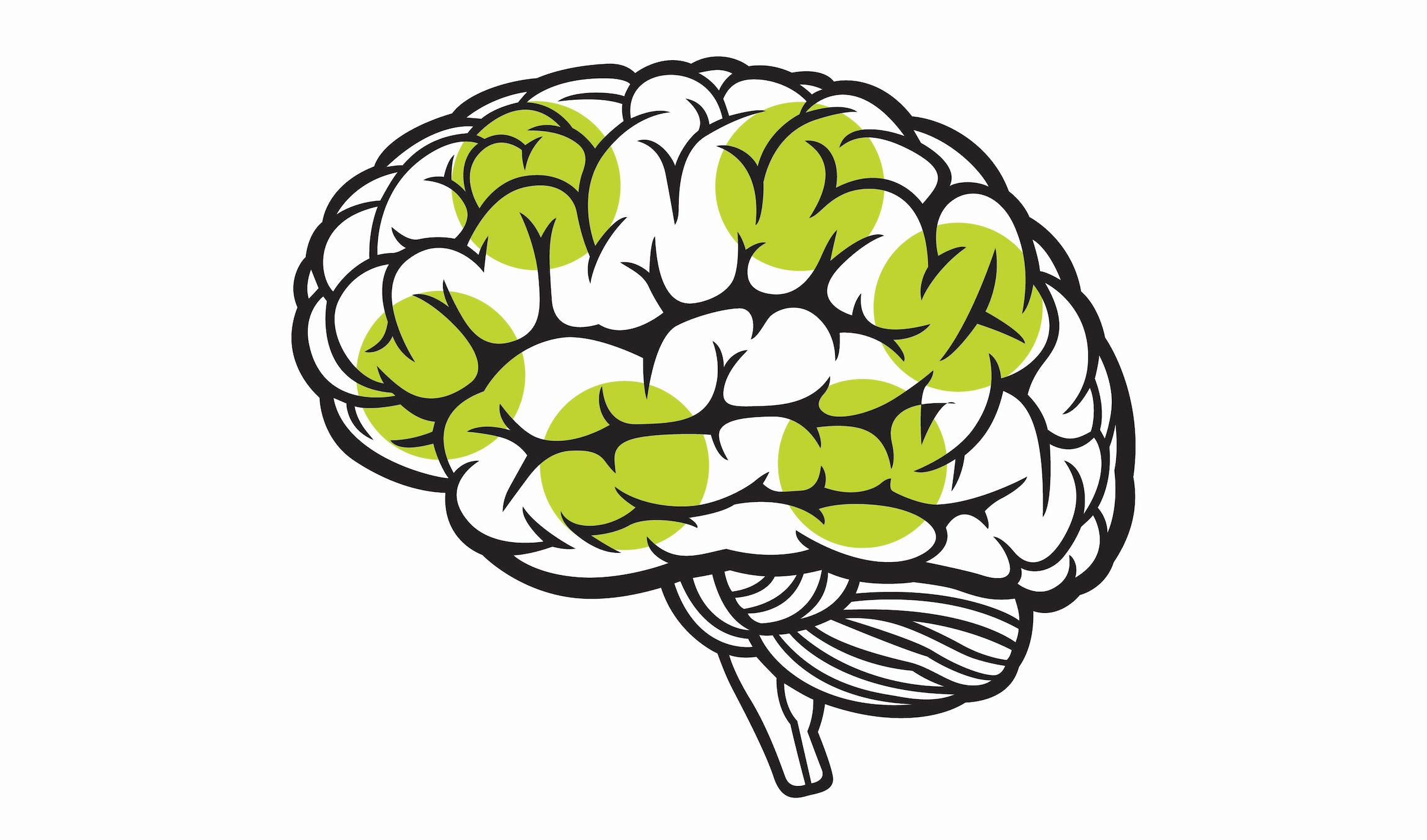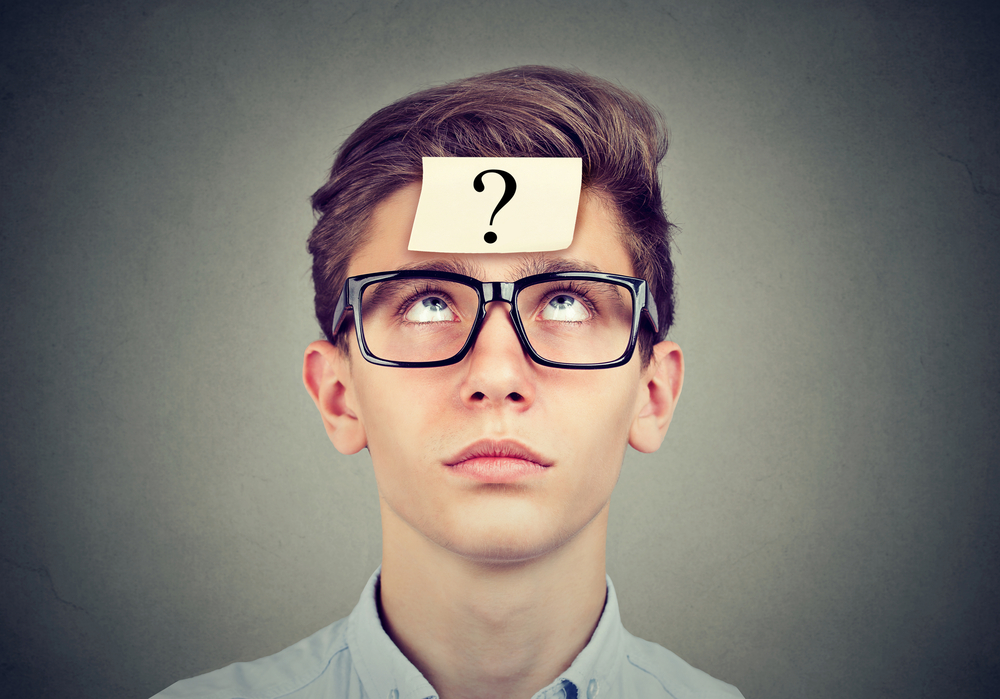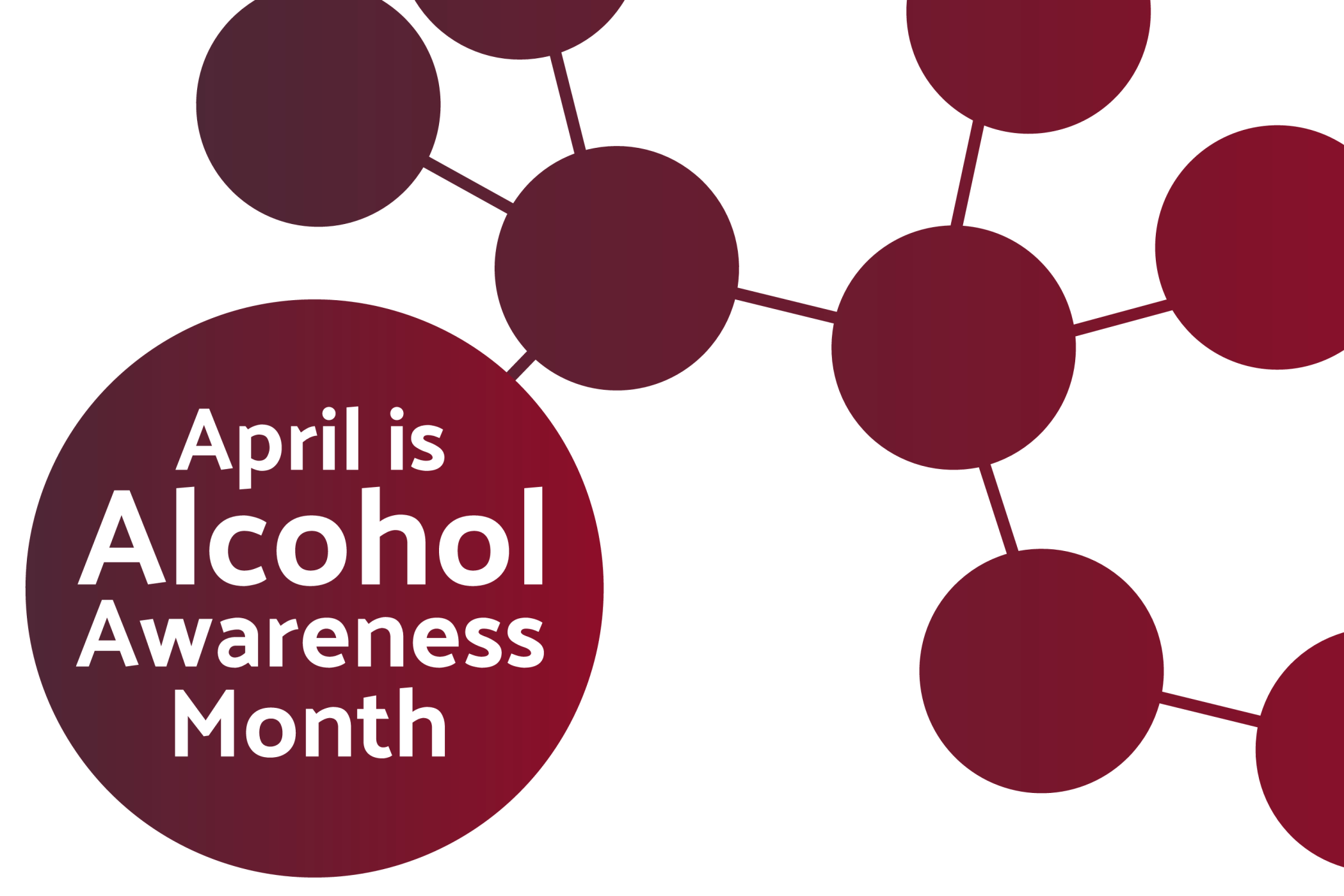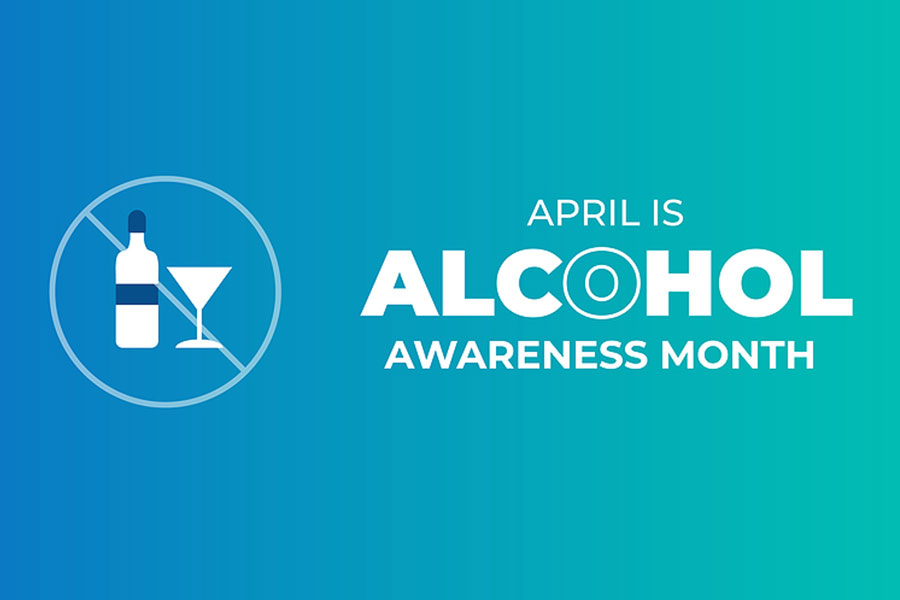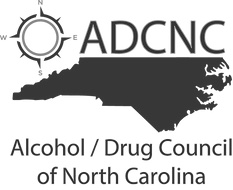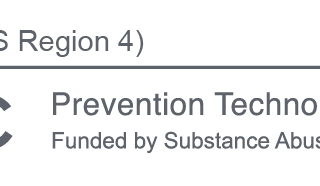Effects Of Alcohol On The Developing & Teenage Brain
Learn more about the risks of underage drinking
Alcohol And The
Developing Brain
The human brain doesn’t fully mature until about age 25 — therefore, alcohol impacts the adolescent brain differently than it does the adult brain.
Access the statewide report on the effects of alcohol on the adolescent brain, developed in partnership with experts from the Bowles Center for Alcohol Studies at the University of North Carolina School of Medicine, Duke University Social Sciences Research Institute, Duke University Medical Center, University of North Carolina at Charlotte, and Wake Forest University School of Medicine.
Did You Know?
Chances of developing a substance use disorder:
41%
Kids who begin drinking before age 15
10%
Someone who waits until age 21
Drinking alcohol can
cause a decrease in brain activity
These brain scans show functional activity levels in the brain of a healthy non-drinker (left), and a sober 21-year-old with a four-year history of heavy alcohol use (right). The “holes” indicate areas of reduced brain activity.
© Dr. Daniel Amen; www.amenclinic.com
Stay Up-To-Date With Talk it Out NC
Read our Latest Blog
Does Alcohol Make You Dumb? How Underage Drinking Alters Your Brain
Even if you do your best to avoid underage drinking, you can still find yourself at a party or [...]
April is Alcohol Awareness Month: Here’s What to Know
Spring is a hopeful time of year when we promote growth and renewal. By observing Alcohol Awareness Month in [...]
Talk it Out NC Encourages Underage Drinking Prevention During Alcohol Awareness Month
Governor Issues Proclamation, Talk it Out NC Provides Interactive Toolkit to Prevent Underage Drinking RALEIGH, N.C. – (April 1, 2024) [...]
Follow us on Instagram
Our Partners

